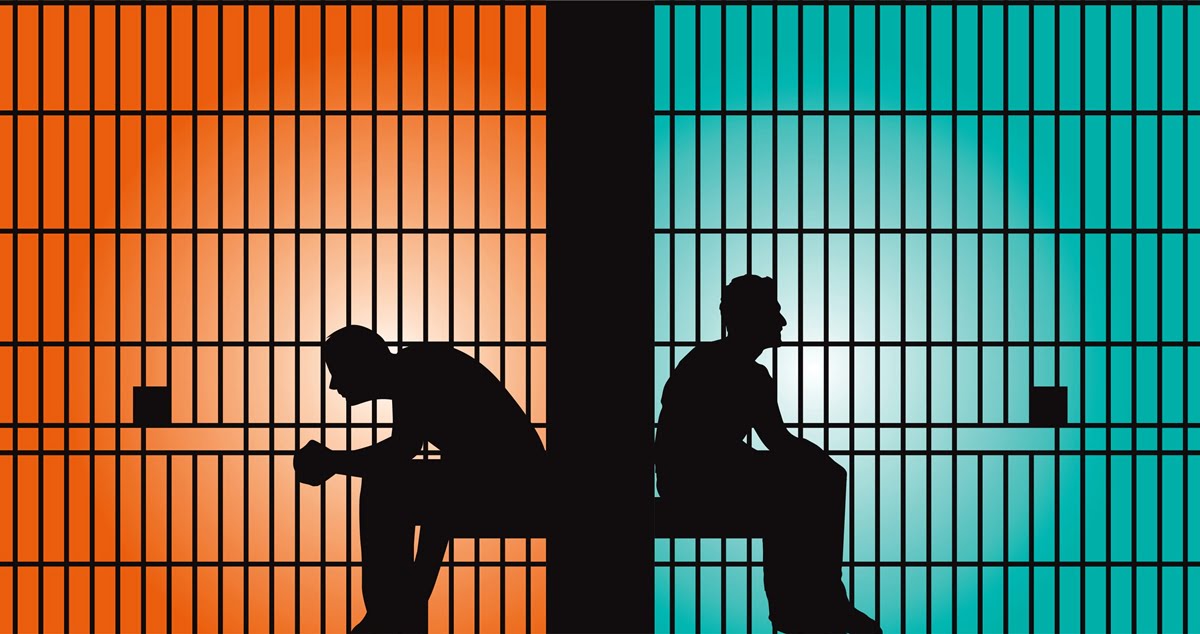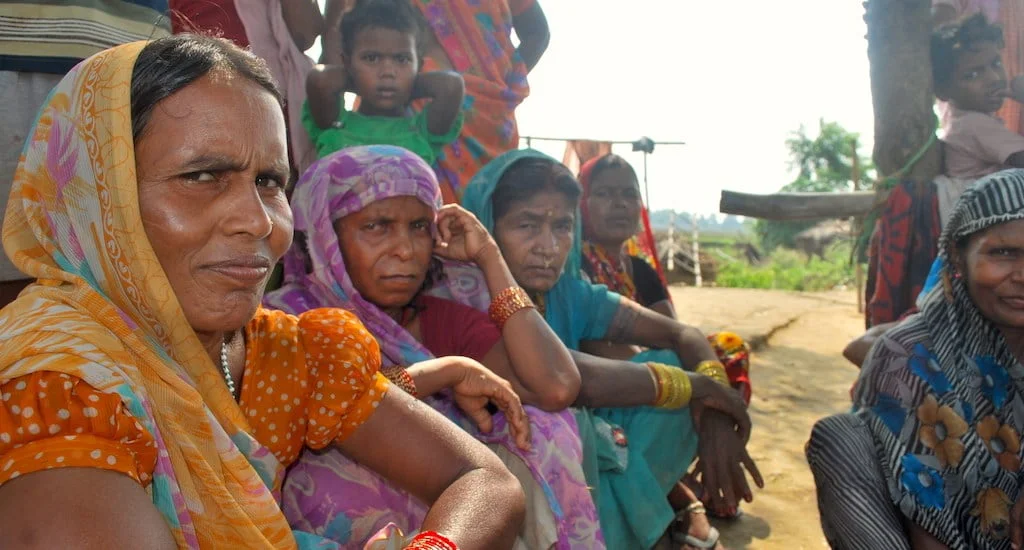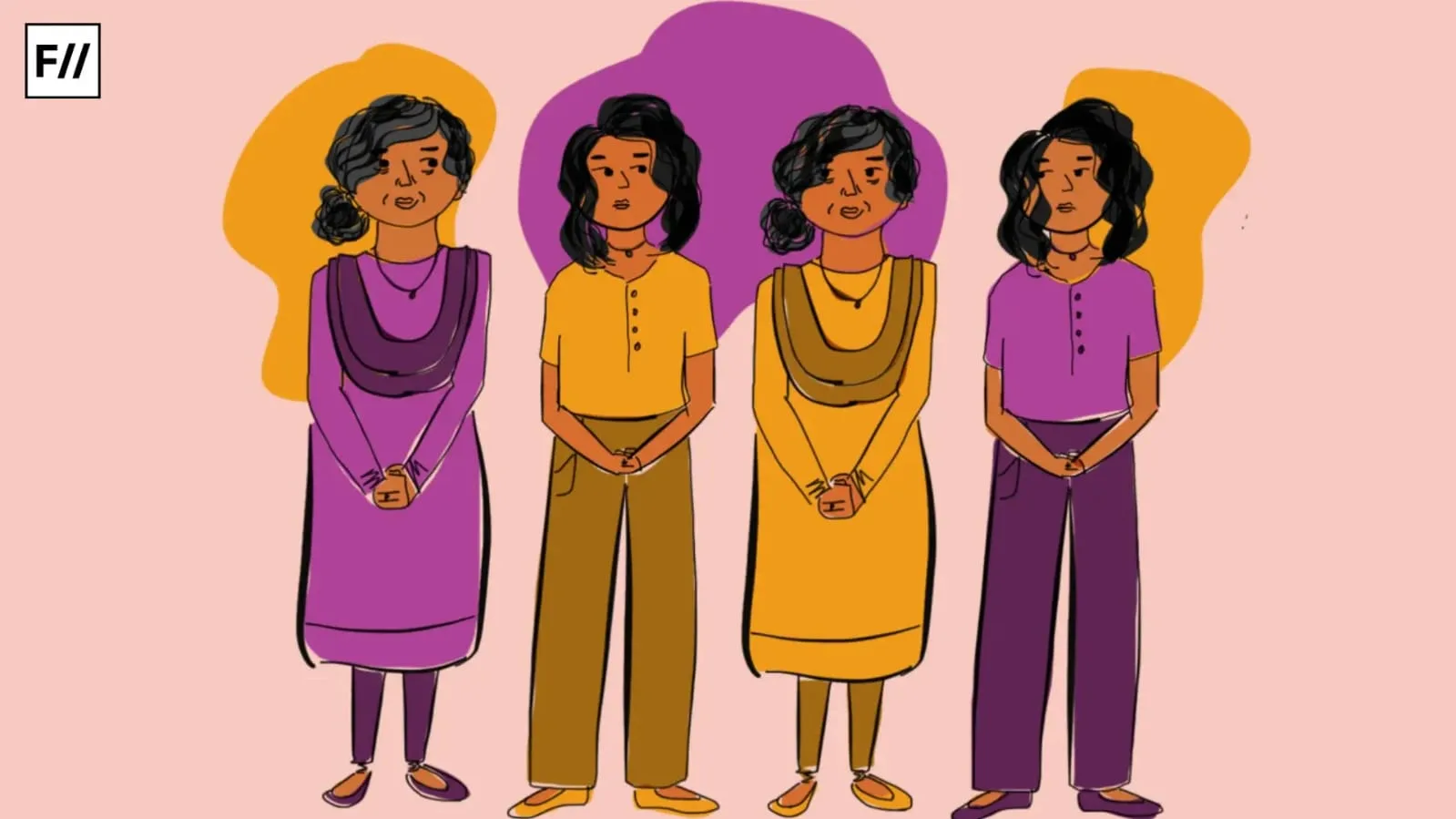Is it okay for the person who traumatised you to still live without guilt as you pay for your continuous therapy?
A canadian born-American Psychologist Bandura mentions in his book about distancing from ethics- Moral Disengagement. “Regardless of whether individuals are ‘good’ or ‘bad’, they have to live with themselves, with the choices they make, and how they behave in their daily lives.”
Robert Sternberg reviewed his text stating that sometimes good people, in trying to do good, harm innocent people. He further asks, is moral disengagement perhaps necessary for them to survive in seeking the good of the many?
In these questions, lies the conversation of how almost everyone might have been an abuser in someone’s life. Therapy comes with unconditional positive regard where the therapist shows acceptance and understanding no matter what and the therapist ends up getting paid to validate our feelings of harm and abuse without judgement. Though they use that to continuously validate ourselves for why they (we?) did what they did, do they have a right to feel better about themselves or is it unfair to justify their guilt over the consequences of their actions.
Therapy comes with unconditional positive regard where the therapist shows acceptance and understanding no matter what and the therapist ends up getting paid to validate our feelings of harm and abuse without judgement. Though they use that to continuously validate ourselves for why they (we?) did what they did, do they have a right to feel better about themselves or is it unfair to justify their guilt over the consequences of their actions.
It’s true that therapy helps in bringing memories that were lost in trauma and awareness with it, but it also contains the potential of clearing your conscience of having done harm, to come to terms with yourself.
This acceptance and positive regard stand for soldiers, r*pists, m*rderers, toxic relationships to mothers, fathers, you, and I.
Also read: Why Did It Take Me So Long To Get Therapy?
A similar study by Albert W. Tucker, Prisoner’s Dilemma illustrates the hardship in the choices we make in our lives that may end up hurting others.
The Dilemma illustrates two prisoners, A and B, who are suspected of committing a theft together, are isolated and asked to confess. Each prisoner is concerned only with getting the shortest possible prison sentence for himself and each must decide whether to confess without knowing the other’s decision. Both prisoners, however, know the consequences of their decisions: (1) if both confess, both go to jail for 5 years; (2) if neither confesses, both go to jail for one year (for carrying concealed weapons); and (3) if one confesses while the other does not, the confessor goes free (for turning state’s evidence) and the silent one goes to jail for 20 years.
With difficulties, comes choices that are subjective and sometimes right for you, but at the same time, these decisions may not be right for the person it ends up affecting, such as in the Prisoner’s Dilemma.
Everyone has, at least once in their life, gone through a situation where we’ve been asked to submit names of our friends to our teacher for some mischief in order to save ourselves. Even as we grow older, we find ourselves in a similar situation when we reveal secrets about our siblings to our parents, either in a fight or for protecting them. As much as it would’ve hurt them, the decision stood right in our eyes at that moment and sometimes, it looked like we didn’t have another option.
Similar are the relations in our lives that we often end up leaving. A condition experienced by many goes like this: There is an extremely close friend who has recently been diagnosed with depression. With depression, their fear of abandonment has magnified, they are not in the space to hear your issues or be there for you as it’s already hard to deal with their disorder. You try your best to be there, to cheer them on and perhaps ask them what you can do and try to deliver it. With time, you feel that whatever you do makes an insignificant or temporary difference. You yourself get into a space where you can’t take someone else’s issues anymore but you know they would feel “Oh, even you are leaving” and you don’t want to add to their list of abandonment. This exhaustion makes you feel that this friendship seems one-sided and you are yet to wrap your head around your own problems. You decide to part slowly, non verbally and eventually, you don’t have to mention that you’ve left. You end up being added to the list of all the people who left because even when they shared they were battling a disorder, you chose to leave them knowing about their restricted abilities.
Also read: Social Anxiety Is Not ‘Just Shyness’ Or ‘Being Flaky’: We Need Less Judgment And More Empathy
In the process of overcoming the guilt of our actions, we create and accept truths that may never help the sufferer understand us. There is no one else to prove that what they feel is what really the situation is, and that power and esteem over yourself to decide and know what was the truth for you, makes it Your Truth. And as long as we have our truths to believe in, change, adapt, evolve and grow, it makes growth beautiful. Even if, in the larger sense, one percent of it might be a one-way ticket out of accountability, it’s worth it, because it then makes you want to live to the fullest, to find yourself more beautiful and to be a better person to everyone while choosing yourself.
Janhvi recently authored ‘Rather Say “Argh” Than Express’. She writes on Gender and Mental Health by making psychological information accessible through her academic experience in Psychology. She was awarded AIR 56 in creative writing in Delhi University 2018 and has been published in International Literary Magazines as well. She actively uses #Janhvitmeinjaari for Mental Health outputs and @Kitaabiwi for book and genre reviews on Instagram.
Featured image source: Michigan Today




